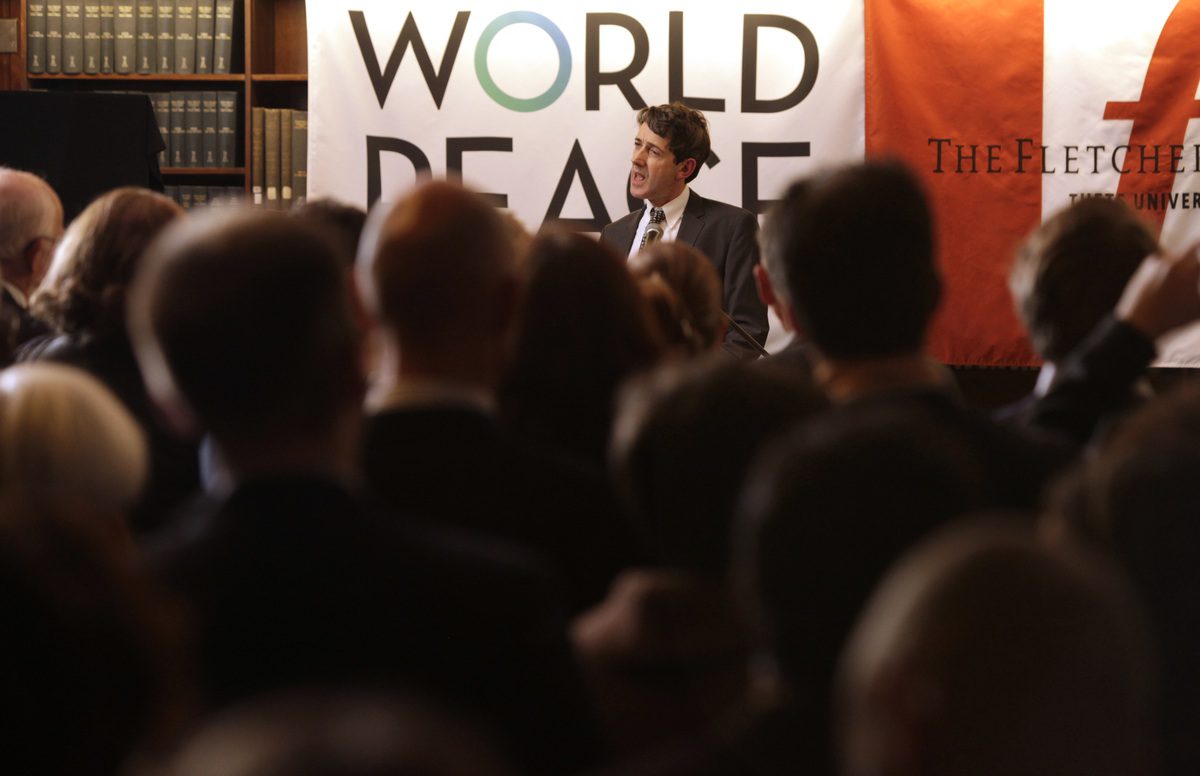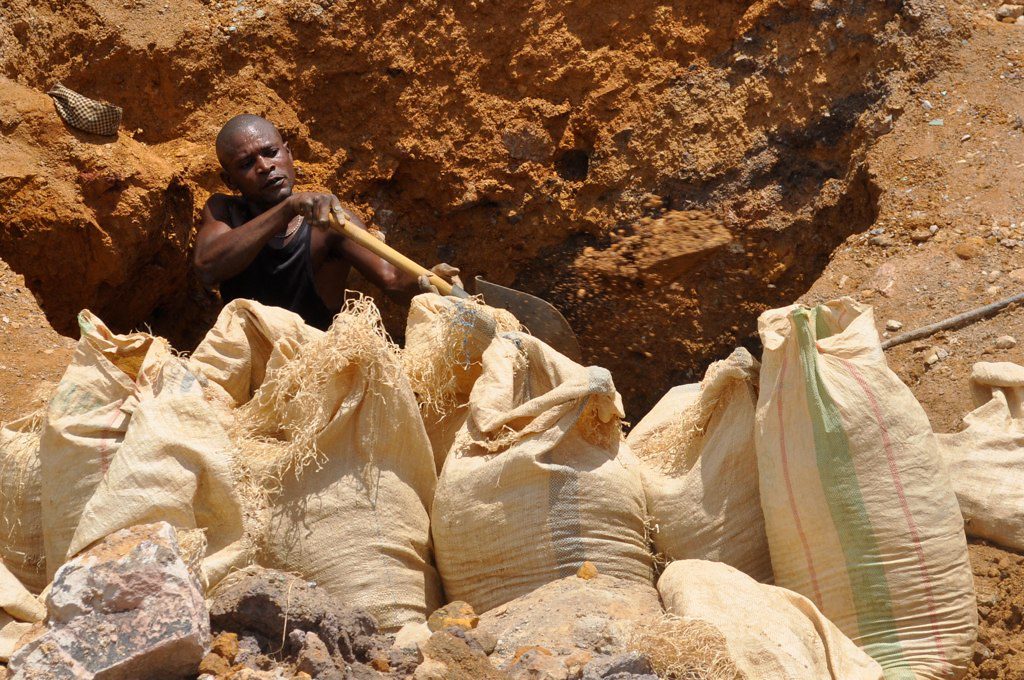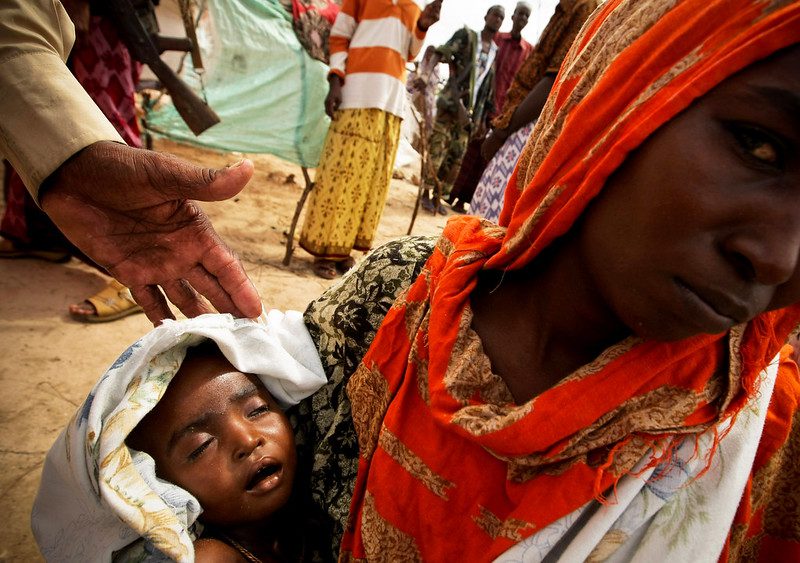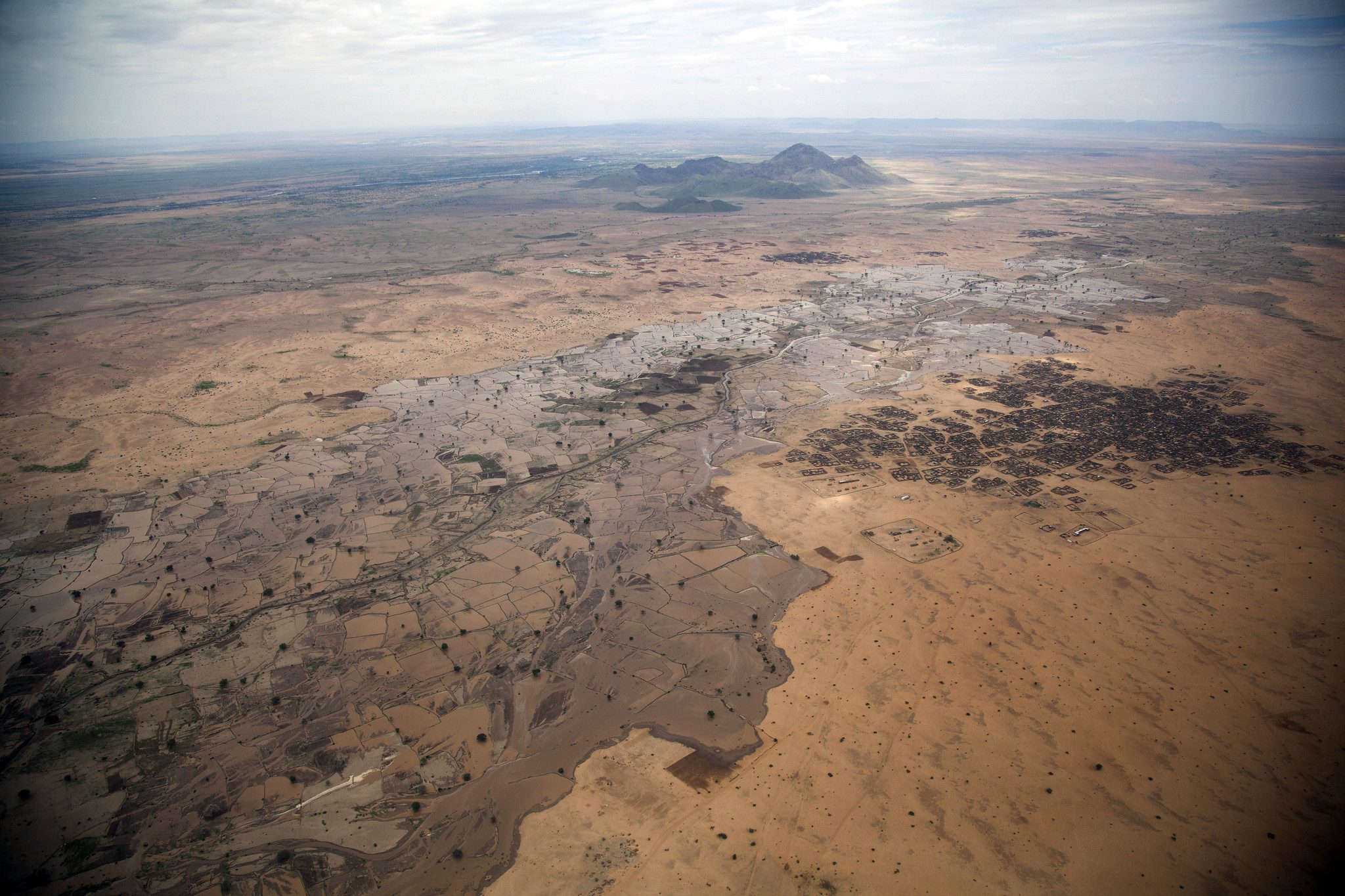ALEX DE WAAL:
So I started this book in a more celebrated mindset. Unfortunately as I was writing it what we saw was a return of famine in a number of countries. In South Sudan, we have a government which is ready to use starvation as a method of warfare against its opponents and ready when international agencies come in to provide food, to steal that food to feed to feed their own soldiers. In Yemen, which is the biggest famine crime of the day, possibly the biggest famine crime of our generation, the blockade of the entire country enforced by Saudi Arabia and the United Arab Emirates, with not much protest from Western powers including the United States, has brought that country into a deep food crisis. We are beginning to see a few steps by the Saudis to allow food shipments in, which are very late, they are welcome, but they are a small drop in the ocean compared to the enormous need of the starving Yemeni people.



